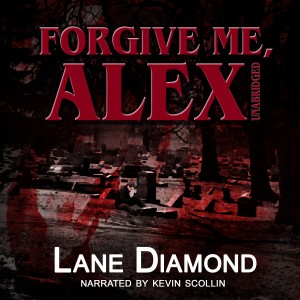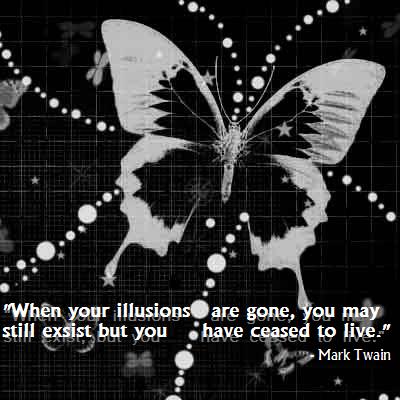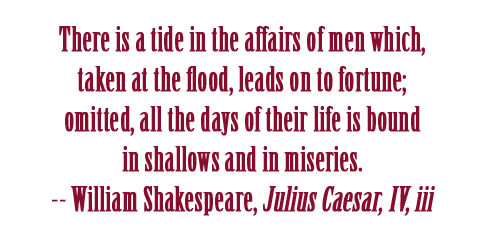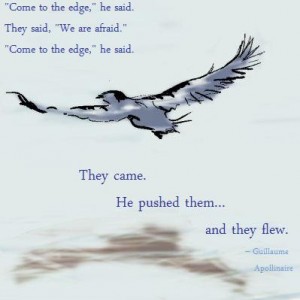THIS POST IS FOR WRITERS:
Every writing coach is the same, and each one is different. Wait… huh? Yep, all writing coaches seek to dig deep into a writer’s needs, to help them reach the point where they’re producing professional-grade material that’s worthy of a broad reading audience. However, each coach may have a unique mix of specialties and focus.
And so, as an author (or one who aspires to be an author), you should always analyze what your coach/editor has to offer, engage in a candid discussion BEFORE committing money, and perhaps get a sample analysis/edit of your writing. If a coach/editor balks at providing one, run. Run fast.
I’ve seen writing coaches advertise that they focus on content: plot, characterization, setting, etc, but that they don’t spend too much time on the “technical” aspects of writing, such as grammnar, strength of prose, structure, and so on. To me, that’s like saying to the new marine recruits at boot camp, “Okay, this is a gun. You use it to kill the enemy. Let’s move on.” …and then not showing them how the gun functions, how to break it down and clean it to keep it in good working order, and how to reassemble it.
My opinion: There are a million decent storytellers out there, but there are precious few “writers.”
Thus, my approach to coaching is to say that it makes no sense to try to separate the trees from the forest. Of course content is important, but if you can’t write professionally, yours will be just another amateur book. (I know… I’m such a hardass!)
Seriously, though, my approach has always been that if I can’t help you become the best writer/author you can be, then there’s really no sense in us working together. It’s not all about the money. If I can’t stand up and shout to the world, when you’re done and your book is available, “Hey, everyone, go buy this book, because it’s awesome!” …then we (meaning you and I together) haven’t done our job.

However, unlike as in the image above, you’re not a kid. You’re a professional (or soon will be), and you deserve the appropriate respect and consideration.
Want a touchy-feely-please-tell-me-how-wonderful-I-am support system? Yeah… I’m not your guy. Want someone who will tell it like it is, and work tirelessly to address every issue that affects your career? Then maybe I’m your guy. Don’t get me wrong: I try to keep it as upbeat and positive as I can, because I think that’s important, but not if it ever interferes with the end goal. Hey, I know we creative types can be a bit… er… touchy. *smiling* But sometimes, a little tough love is the best kind.
So what is my focus as a writing coach?
CONTENT: Yes, of course I address the essential elements of plot, characterization, setting, a proper climax, etc. However – and this often surprises people – it may not be the first thing we address. Let’s face it: if readers can’t find the forest through the trees, because the trees themselves (your prose) are impossible to navigate, then the forest (your story) becomes irrelevant. Thus, we may need to address at least some of that before we get too far into content.
GRAMMAR: Look, professionals know the rules, so if you’re going to be a pro, we need to address even this mundane stuff. Don’t break into a cold sweat about this. The truth is that if you have a good teacher, one who’s focused on your specific needs, you’ll learn it more easily than you think.
ESSENTIAL STRUCTURE: It’s not just which words you use to tell your story, but how you choose to place those words that will determine how well readers respond. Use structure to ramp-up the tension. It’s often critical to choose just that right place to break a sentence, or a paragraph, or a chapter. I’ve been told by readers that this is a particular strength of mine, and I’d like it to be a strength of yours by the time we’re done.
STYLE: This will be uniquely yours, as it is with every writer, and a Writing Coach’s job is to teach you how to enhance your writing while remaining true to who you are. We all grow, and learn, and progress… but we remain who we are. That’s important, yet you must be ready to grow as a writer, willing to say on occasion, “Well, that’s not the me I want to be. I want to be this me.”
PRIMARY COMMANDMENTS OF EFFECTIVE WRITING: The first two of these you’ve no doubt heard countless times before; the third, maybe not (since it is, I believe, a Lane Diamond construct): 1) Show, Don’t Tell; 2) Make Every Word Count; 3) Keep It Strong and Direct. What do each of those things really mean? Well, we’ll certainly talk about that if we work together.
CONVERT YOUR BAD HABITS INTO GOOD HABITS: All writers bring some mix of bad habits to their work. Those can vary greatly from one writer to the next, yet certain bad habits are more universal than others. Here are just some of those: 1) SOBs (State-of-being Verbs); 2) Passive Voice; 3) Infinite Verb Phrases (An Act without an Actor); 4) Wordiness; 5) Excessive Proper Nouns; 6) Awkward Dialogue Tags; 7) I-Bombs. There’s more, of course, and we’ll tackle each issue as we encounter it.
So what is your next step?
If you think you’ll benefit from working with a coach, and you think, based on what you just read, that I may be able to help you, send me an email at Lane@LaneDiamond.com. Please put “Writing Coach Needed” in the Subject line.
I’ll arrange to to have a one-on-one talk with you (no charge), and I’ll look at your work to give you an idea of where our focus would need to be (no charge), and we’ll talk about the ultimate cost, of course, should we decide to move forward. I’ll be selective, and I typically only work with one student at a time, but even if I can’t help you right this minute, I may be able to get you on the calendar in the near term.
Here’s to your writing dreams becoming a reality!
, Barnes and Noble, iTunes, Kobo, Smashwords.












Please follow me here: